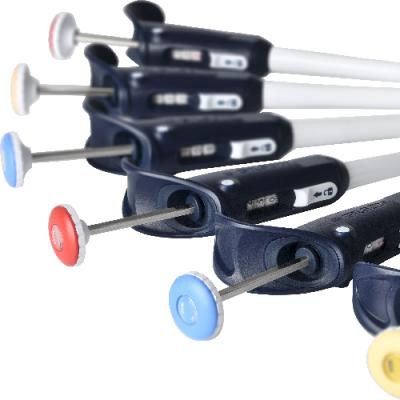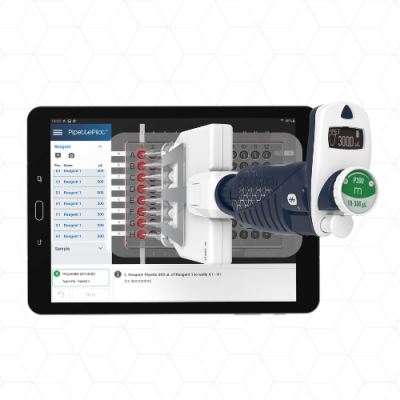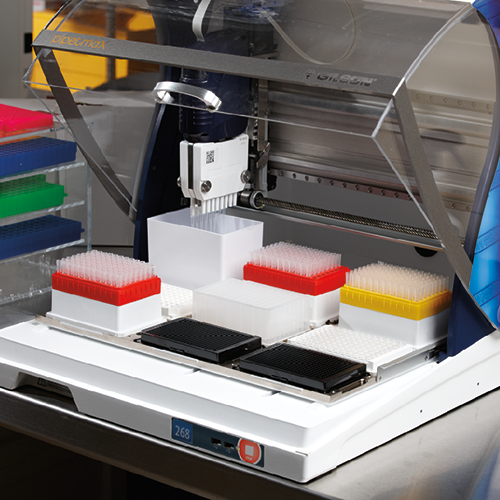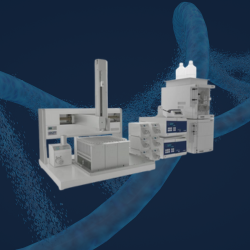As laboratory scientists and researchers progress through college, a choice looms ahead – academia vs industry. Both positions provide scientists and researchers a home to hang their lab pipette, but the experiences are different. Moreover, researchers and scientists rarely move between academia and industry. This means young scientists face a difficult, and possibly irreversible, decision when choosing between academia and industry.
What are the Differences Between Academic and Industry Careers?
Some students enter science for a specific purpose and never waver in their decision. For example, a graduate student might enter a Ph.D. program specifically to become a research professor with a career in teaching and publishing.
However, other students enter a Ph.D. program out of love for science and do not have a specific career path in mind. These researchers and scientists have an open mind for their post-graduation career. Some differences worth considering between academic and industry careers include:
Academia vs. Industry Salaries and Resources
A private industry generally has more resources than academia for scientists and researchers. This means businesses pay higher salaries than universities for scientists. In fact, according to the United States National Science Foundation, the median salary for life scientists in private industry is almost $30,000 higher per year than the median salary for those in academia. These figures differ according to region, so students will have to conduct their own research about the differences in salary after graduation.
Moreover, commercial enterprises often equip their research labs with the newest and latest equipment like extraction platforms. By contrast, public or private grants often fund university labs. Between grants, a researcher may struggle to fund even basic lab equipment like lab pipettes and pipette tips. As a result, an academic researcher may spend an uncomfortable amount of time seeking grant money and writing grant applications instead of conducting research.
Laboratory Scientist and Researchers Career Development
Scientists and researchers follow different career paths if they are in academia rather than industry. While neither career path is qualitatively better, they are different.
A scientist in academia works toward a tenured position at a prestigious university. This means that the academic spends a great deal of time researching and writing journal articles. Academic scientists often prefer to work alone or in small teams on research projects that take years to produce results.
A scientist in the private industry works up a corporate ladder through research positions and may even move into a management or executive position. A scientist in a commercial setting also spends time collaborating with other business units to ensure the research fits within the business’s overall strategy.
Jobs in industry sciences may produce more stress than academic positions because businesses can be pressured by shareholders to produce results, even when science takes time to develop.

Academia vs. Industry Opportunities
The US Bureau of Labor Statistics expects 5% annual growth in employment for life scientists in private industry. Analysts expect similar growth and investment in new therapies and biotech industries around the world over the next five years. Conversely, professorships become available much less frequently since tenured professors often work until reaching retirement age. Additionally, while many private businesses in the sciences open or expand every year, new academic institutions open much less frequently.
As a result, scientists and researchers will likely find many more employment opportunities in industry than in academia. Industry scientists and researchers will also find more freedom to move to a different company than academic scientists have moving between educational institutions.
Interests and Control Over Research
Academic scientists and researchers have almost total control when setting their research agendas. If a scientist can find a source of funding, the scientist can research any subject for as long as the funding lasts.
Moreover, academic scientists may have greater freedom depending on their institutions and field of study. The scientist only needs to meet the university’s requirements for publishing and teaching. Institutions may require working around the clock or allow researchers to take a sabbatical if requested.
By contrast, private employers define and limit the areas available for their scientists’ research. While senior scientists usually set this program according to the most promising areas of research, it leaves little to no freedom for a scientist to follow a different path.
Unlike an academic scientist, scientists working for private companies have to put as much time as they can toward finishing company research projects. This often means working more than forty hours per week to produce a return on the company’s research investment.
Commercialization of Research Outcomes
Private industry laboratory scientists and researchers make choices based on the potential for commercialization of their research. This drive for commercialization means that most industry scientists are limited to developing products from their research. For example, industry scientists often feel rewarded when they see the fruits of their research reach consumers, patients, or businesses.
Academia, on the other hand, is well suited for theoretical work that does not necessarily produce a product. Instead, academic scientists might research topics that fit the description “pure science” rather than “applied science.”
Choosing Between an Academic and Industry Career
The choice between academia and industry comes down to the scientist’s goals and values. For some scientists and researchers, the freedom to pursue their research agenda outweighs a higher salary and greater opportunities for advancement. For other scientists, working at a startup technology business and conducting research that will result in a commercial product is more important than academic freedom.
We are Gilson
Gilson supplies bench equipment, lab systems, and lab pipettes worldwide. To learn more about Gilson and its laboratory products for your academia or industry research, contact us today.
CONTACT US































